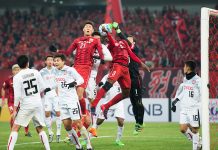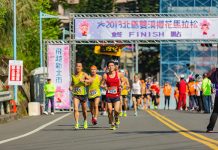
This course looks at the intersection of sports and politics in international relations and in the United States. Examples of political intervention in sports are numerous: African countries boycotted the 1976 Olympics in Montreal in protest of apartheid in South Africa; the United States did not participate in the 1980 Games in Moscow after the Soviet Union’s invasion of Afghanistan; some Arab countries still refuse to compete with athletes from Israel in support of Palestine. Apart from governments, individual athletes also use sports as a political tool. Boxing legend Mohammad Ali became a symbol of opposition to the Vietnam War when he refused to serve. In 2016, San Francisco 49ers football player Colin Kaepernick refused to stand for the national anthem to protest police violence against African Americans. The course discusses how sports are used all over the world as a soft power tool in addition to economic and military power. Analysis includes new actors in international sports such as 2022 FIFA World Cup host Qatar. Finally, the role of developing countries such as Lebanon that participate in the Olympics but have no chance of winning any medal is also discussed.
Dr. Danyel Reiche
Associate Professor for Comparative Politics
American University of Beirut
Faculty of Arts and Sciences
Department of Political Studies and Public Administration
Email dr09@aub.edu.lb
Academia.edu: https://aub-lb.academia.edu/DrDanyelReiche
Web: www.aub.edu.lb/fas/pspa/politics-sports/Pages/index.aspx
Twitter: www.twitter.com/Danyel_Reiche
Facebook: www.facebook.com/DanyelReichePoliticsOfSports
Visit the course homepage: https://www.summer.harvard.edu/courses/politics-sports/33904








